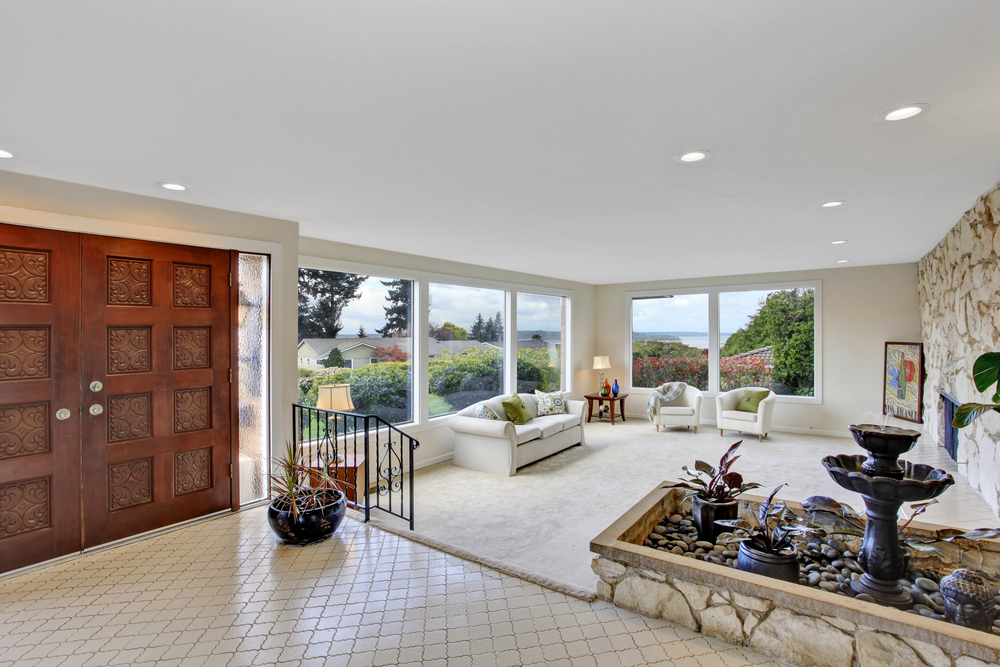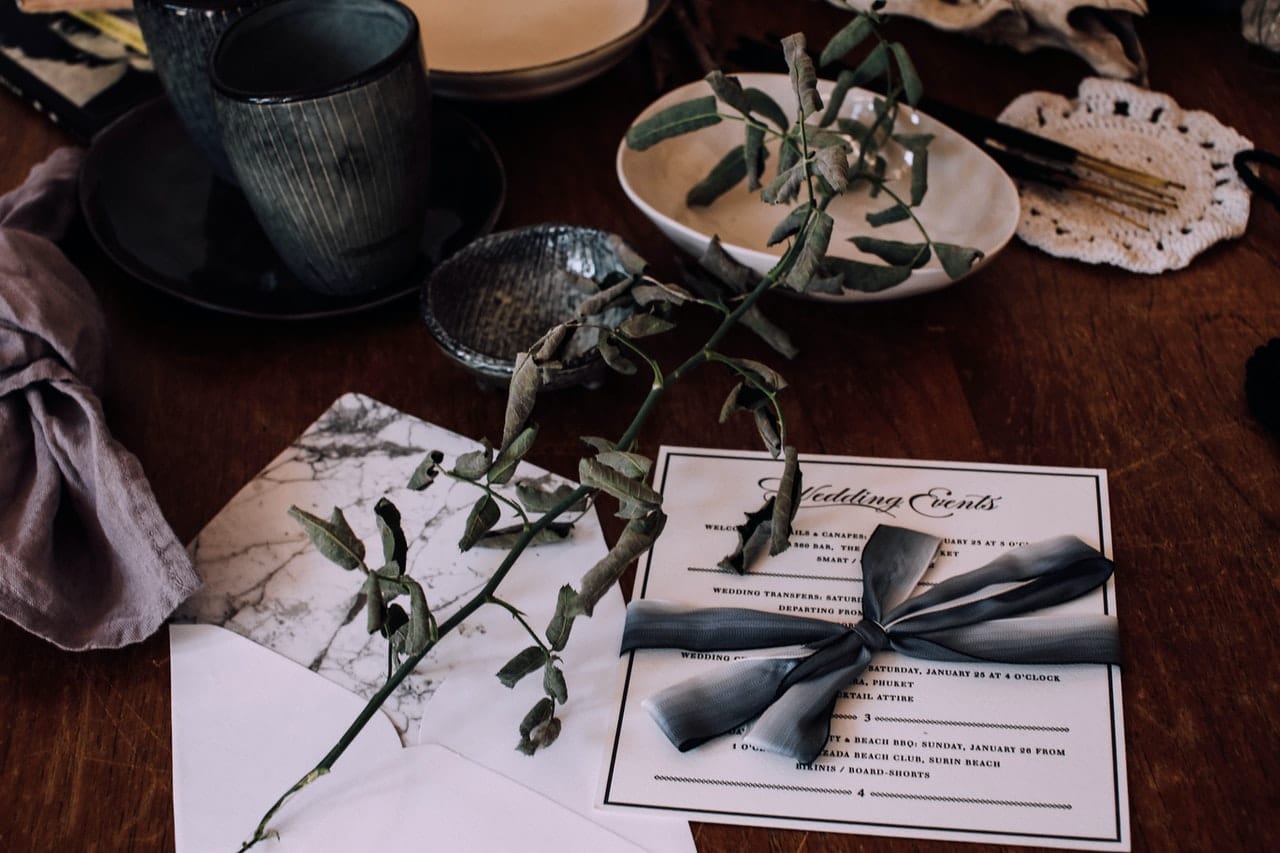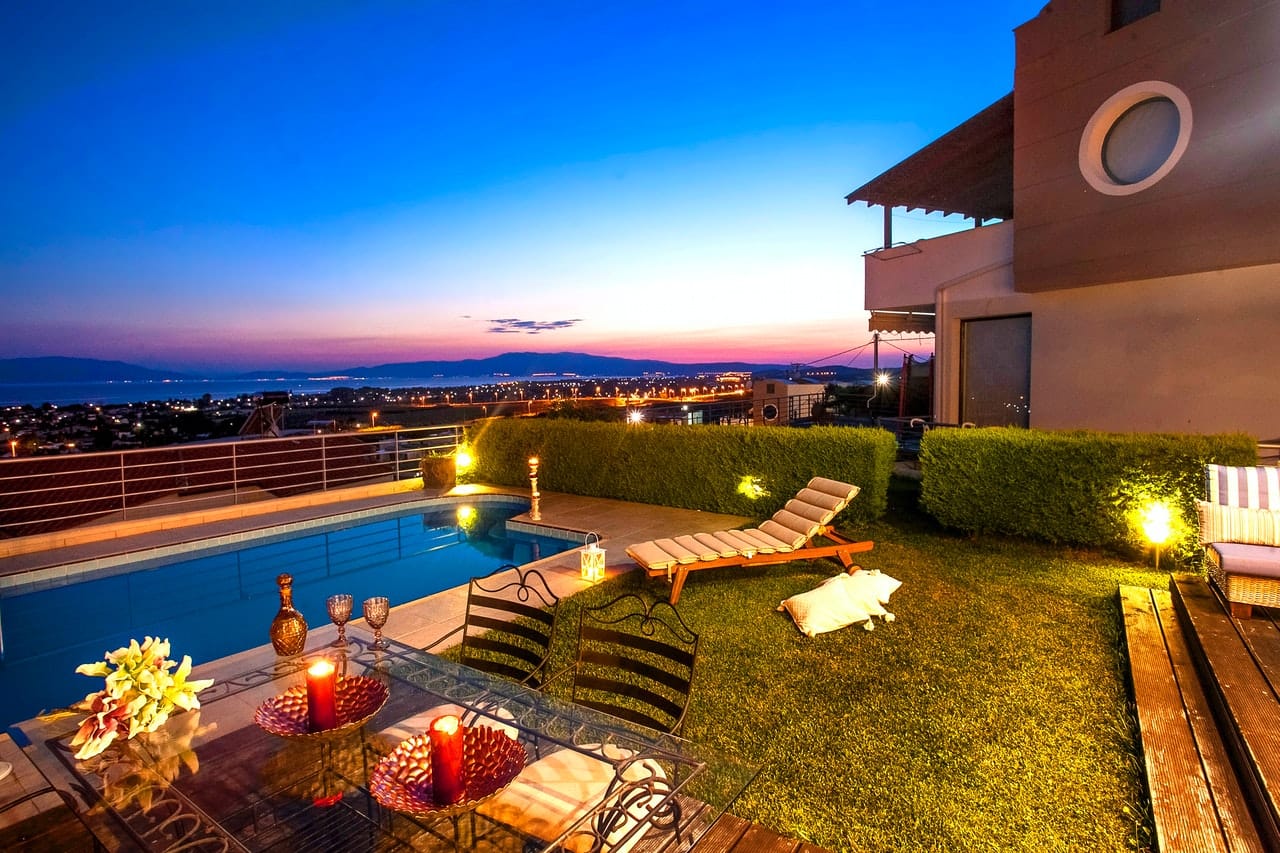If you love the feeling of tranquility fountains inspire and want to bring the sense of peace they inspire to your living space, then an indoor fountain’s what you need. With so many options and varieties to choose from, it shouldn’t be hard to find a fountain of your liking, in whichever size, finish, and design, you want it. Choosing a fountain that perfectly suits your needs will the beginning of a lasting and beautiful relationship.
To help you make the right decision when choosing an indoor fountain, here are seven tips for you to consider:
First, before choosing an indoor water feature, it is important that you carefully consider where it will be placed. If it is in a room, consider if the room is appropriate for the fountain. Is it somewhere where you spend most of your time? Do you want the new indoor water fountain to be the room’s focal point, or do you want it just to be a secondary feature? Another to consider is the room’s lighting. Both natural and artificial light have some effect on the variations and color of stone.
You should also consider how you will disguise the fountain’s electrical cords to make it more presentable. If possible, consider getting an automated indoor fountain that can be programmed to switch on and off with the room’s light switch. But then again, such types of models are quite expensive.
When shopping for a large indoor waterfall for the home, it is important that you consider the size of its basin. Is it big enough to keep water from splashing? Water splashing from a fountain is one of the main causes of water damage in homes with fountains. If your fountain’s design requires that it sit on the floor or on a table, then place a pad made out of natural cork under it to prevent the formation of water marks.
For medium and small sized fountains, you are advised to use distilled water only as it already has all impurities removed. This will keep your fountain’s pump clean, increasing its lifespan. It is vital that you check your indoor fountain’s water levels as often as possible. If the fountain’s pump runs dry, this could permanently damage the fountain.
There is a general misconception that indoor fountains create enough humidity to cause mold and moisture problems in a house. Do not let this fallacy hinder you from getting a fountain you like just because it’s too big.
How high water levels are in the reservoir determine how loud the fountain’s water flow is. The lower the level of water, the louder it will be and vice versa. Indoor fountains are not only therapeutic, they are also an affordable and efficient option for masking exterior sounds and distractions (an especially good option for people living in apartments).
What’s your say? Is there any tip or piece of advice you think we didn’t mention? We’d like to hear from you. Please leave a comment below and share your opinion with us!









